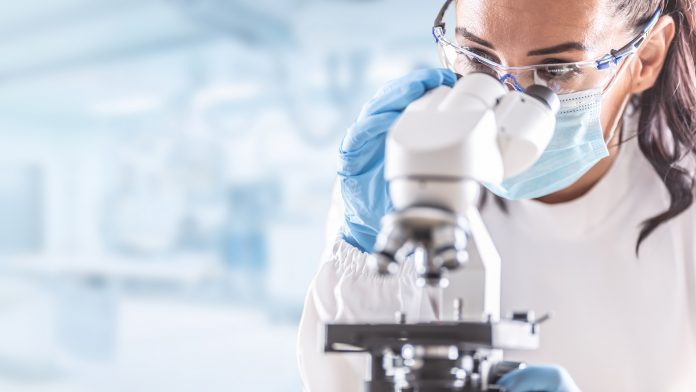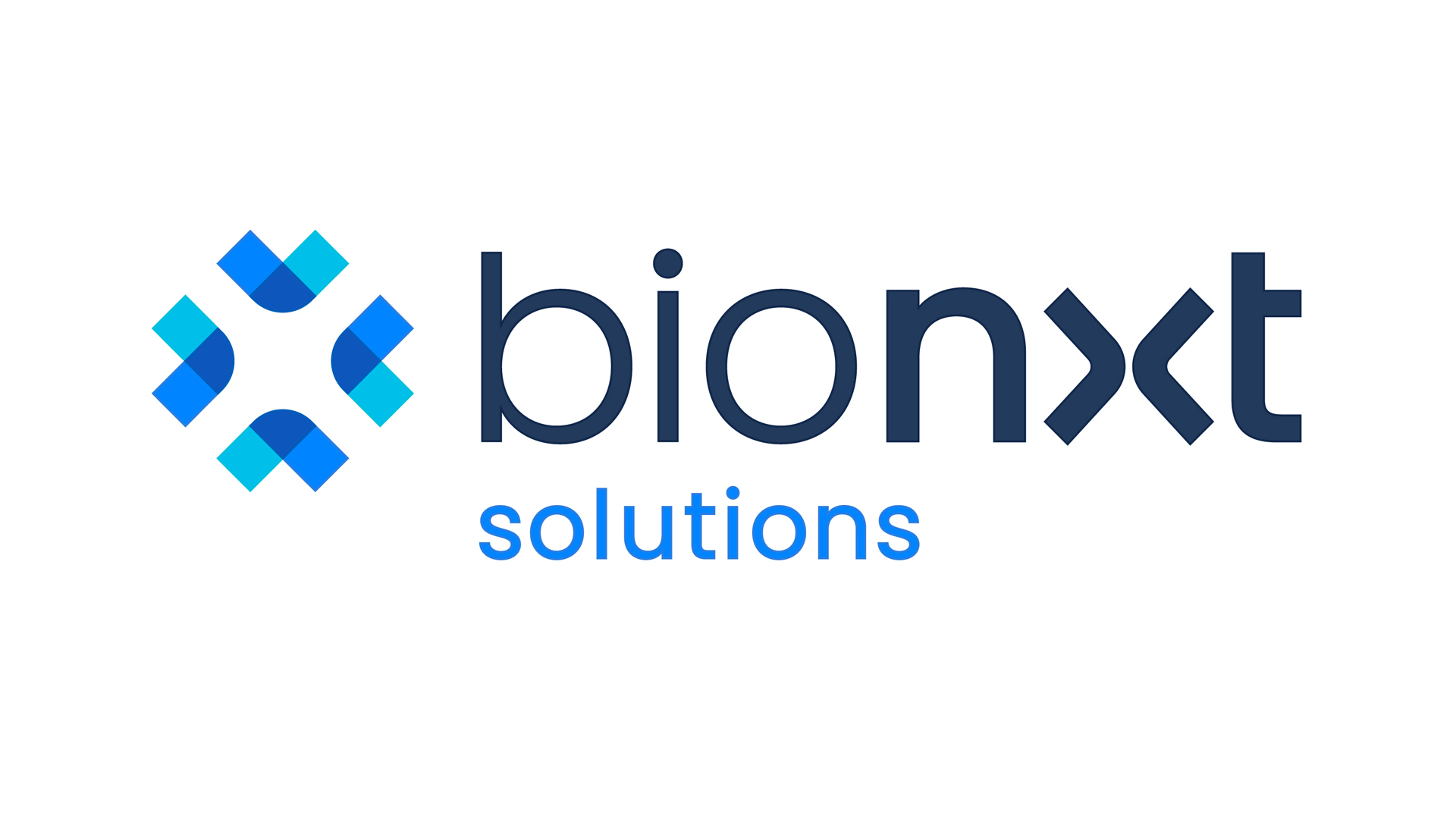
BioNxt Solutions’ Hugh Rogers explains how the company is driving forward innovation in drug delivery methods and diagnostics technology.
Canadian-headquartered life sciences company, BioNxt Solutions, is driving forward innovation across its key focus areas – drug delivery, diagnostics, and psychedelics. As well as developing highly disruptive point-of-care screening solutions that broaden the scope of diagnostics for infectious diseases, it recently reported promising results for its Rotigotine transdermal patch technology which enables the transdermal drug delivery for Parkinson’s disease. CEO and Director Hugh Rogers explains how the company got started, its key goals and the promising opportunities its solutions can offer.
How did BioNxt Solutions come to be founded? What are your key goals?
BioNxt Solutions, previously XPhyto, was originally founded to capitalise on plant-derived therapeutics. However, during our operations in Germany, we were fortunate to work with a small but highly regarded drug delivery company focused on transdermal (TDS) and oral dissolvable (ODF) drug formulations. We acquired the firm which opened up a number of distinct opportunities in the ODF and TDS generic and hybrid-generic drug markets, as well as ODF biosensors for oral health and infectious diseases.
Our key goals include the commercialisation of our lead drug formulation product, a generic Rotigotine transdermal patch for the treatment of Parkinson’s disease, and the commercialisation of our lead oral dissolvable biosensor product, designed to detect oral inflammation and poor oral health.
What are the main benefits of point-of-care testing in the context of infectious diseases?
Point-of-care testing provides an opportunity for population-scale disease monitoring, whether it is for COVID or oral inflammation. The key to making that practical and scalable is to keep costs low. Our oral dissolvable biosensors are targeting exactly this market; point-of-care, ultra-low-cost screening devices.
Following the COVID-19 pandemic, do you believe point-of-care diagnostics technologies will become more prevalent?
We definitely see a major opportunity in the point-of-care testing market. COVID introduced the world to point-of-care testing, particularly antigen tests. We are developing a portfolio of tests from Strep A to peri-implantitis. We think this is a huge market waiting for products to fill the void.
Can you tell me about the H1N1 (swine flu) and H5N1 (avian flu) oral biosensor products and how these are progressing? We were developing an oral dissolvable Influenza A biosensor when the opportunity presented itself to focus on pandemic threats such as H1N1 and H5N1. We thought this was a significant opportunity, and the German government agreed. We received government funding for R&D which allowed us to do some really important work. As a public company, we cannot say too much due to selective disclosure issues, but I can say these are important products in our development portfolio. We believe H1N1, H5N1 and COVID are very important biosensors in the infectious disease range of our products.
How do you see BioNxt Solutions evolving in the future?
BioNxt is a platform technology-based company. Our products, both drug formulations and biosensors, leverage our transdermal and oral dissolvable technology and deep knowledge base in both those sectors. I see tremendous opportunities for scalable drug and biosensor development, adding to the pipeline with new products. We want to advance our portfolio one product at a time. Having said that, the biggest question is really about manufacturing. We are in discussions with several potential contract manufacturers, and we also have the option to build our own capacity. Either way, as BioNxt grows and evolves, manufacturing will be key.
This article is from issue 24 of Health Europa Quarterly. Click here to get your free subscription today











